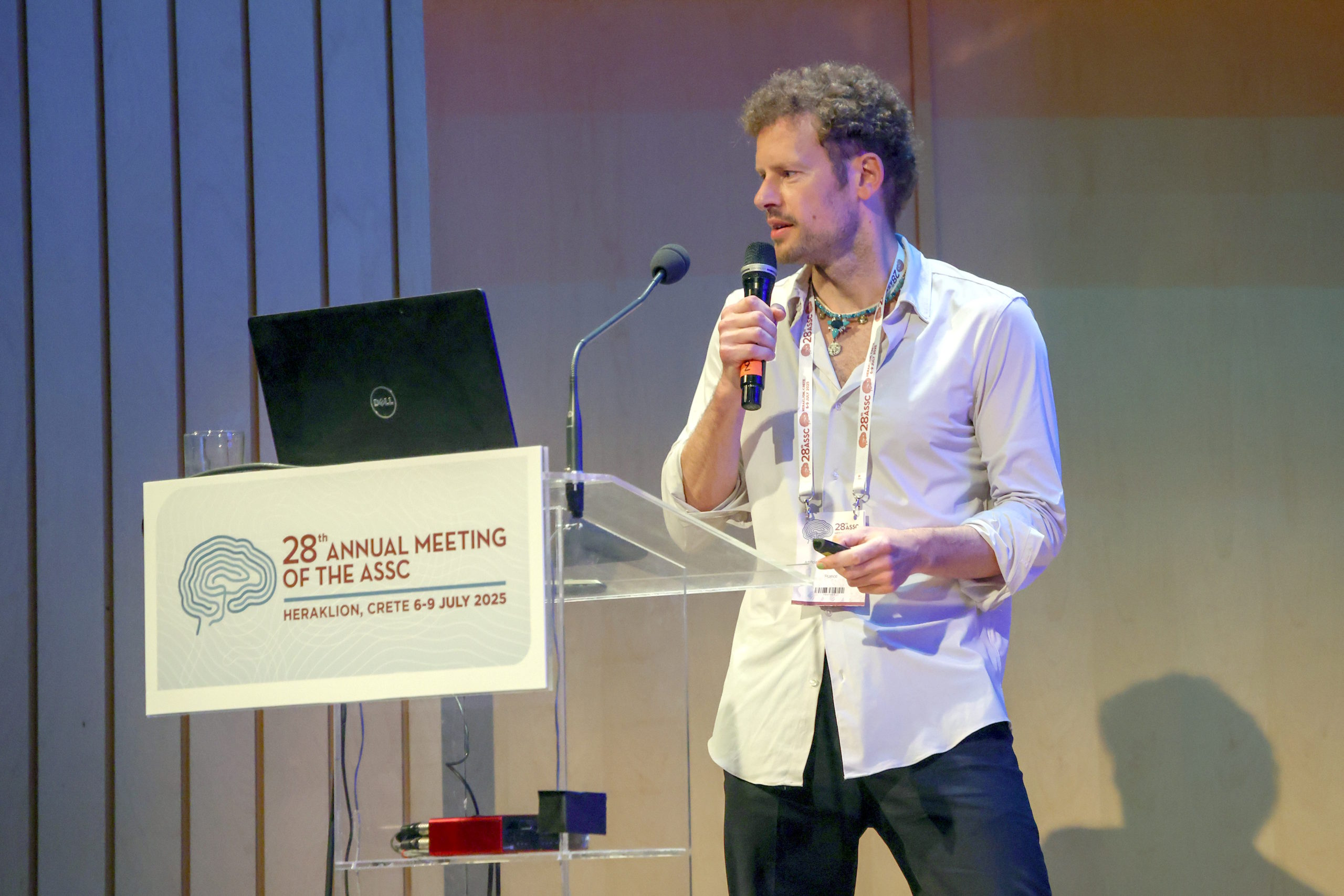Nicolas Kuske
Nicolas Kuske investigates how active inference agents navigate competing survival needs to deepen our scientific understanding of affective consciousness and decision-making. His work bridges computational neuroscience, AI, and reinforcement-learning methods, with a focus on sensorimotor grounding and multimodal representations.
Before joining Shocklab, he led a collaborative project between the Technical University of Eindhoven and the Artificial and Natural Intelligence Toulouse Institue (ANITI) on robust multimodal continual learning for robotics, building on research in embodied reinforcement learning and global latent workspace models. He previously worked with Rufin VanRullen at ANITI on machine learning architectures inspired by the global workspace theory of consciousness, and completed postdoctoral work on neurocomputational models of cognitive control with Fred Hamker’s AI group at the Chemnitz University of Technology.
He has also been a visiting scholar at New York University’s Center for Mind, Brain, and Consciousness, collaborating with David Chalmers and Luke Roelofs on the ethical and existential implications of panpsychism. His doctoral research with Peter König at the Institute of Cognitive Science at Osnabrück University investigated embodiment and spatial cognition using sensory augmentation methods and large-scale VR.

